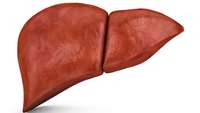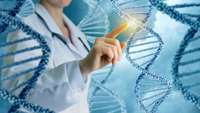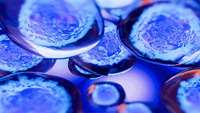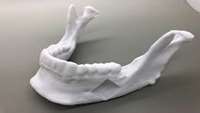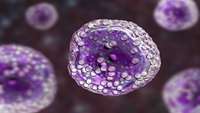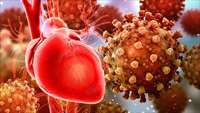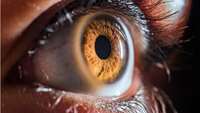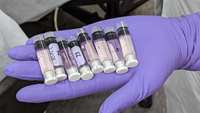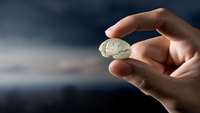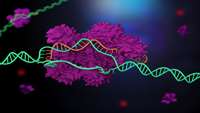Japan newborn gets liver stem cells in world first
Doctors in Japan have successfully transplanted liver cells derived from embryonic stem cells into a newborn baby, in a world first that could provide new treatment options for infants.
Six patients with rare blood disease are doing well after gene therapy clinical trial
UCLA researchers are part of an international team that reported the use of a stem cell gene therapy to treat nine people with the rare, inherited blood disease known as X-linked chronic granulomatous disease, or X-CGD. Six of those patients are now in remission and have stopped other treatments.
Mesoblast’s remestemcel-L receives FDA IND clearance for treating COVID-19 patients with acute respiratory distress
Regenerative medicine company Mesoblast (ASX: MSB) has received US Food and Drug Administration Investigational New Drug (IND) clearance for its remestemcel-L treatment to be used in COVID-19 patients presenting with acute respiratory distress syndrome.
Team engineers 3-D-functional bone tissues
Dr. Akhilesh K. Gaharwar, associate professor, has developed a highly printable bioink as a platform to generate anatomical-scale functional tissues. This study was recently published in the American Chemical Society's Applied Materials and Interfaces.
New model shows how cells that cause liver cancer are created
Liver cancer is one of the deadliest cancers. It is insidious and does not present symptoms until it has progressed considerably, at which point, treatment options are limited and chances of survival are low.
Researchers look at how COVID-19 affects the heart
Researchers are finding about half of all patients with COVID-19 admitted to an intensive care unit have heart damage.
Study shows stem cells constitute alternative approach for treating corneal scarring
Infection, inflammation, trauma, disease, contact lenses—all of these and more can lead to corneal scarring, which according to the World Health Organization is a leading cause of blindness worldwide
Producing human tissue in space
On 6 March at 11:50 p.m. EST, the International Space Station resupply mission Space X CRS-20 took off from Cape Canaveral (U.S.). On board were 250 test tubes from the University of Zurich containing adult human stem cells.
Scientist uses 'mini brains' to model how to prevent development of abnormally small heads
A City of Hope scientist is one step closer to discovering what weakens a pathogen that appears to cause babies to be born with abnormally small heads.
Curing genetic disease in patient-derived organoids
Whereas the CRISPR/Cas technology cuts out a defect in a gene and replaces it with a new piece, the latest CRISPR technology works differently. The goal is to repair the error in the DNA without cutting it.


